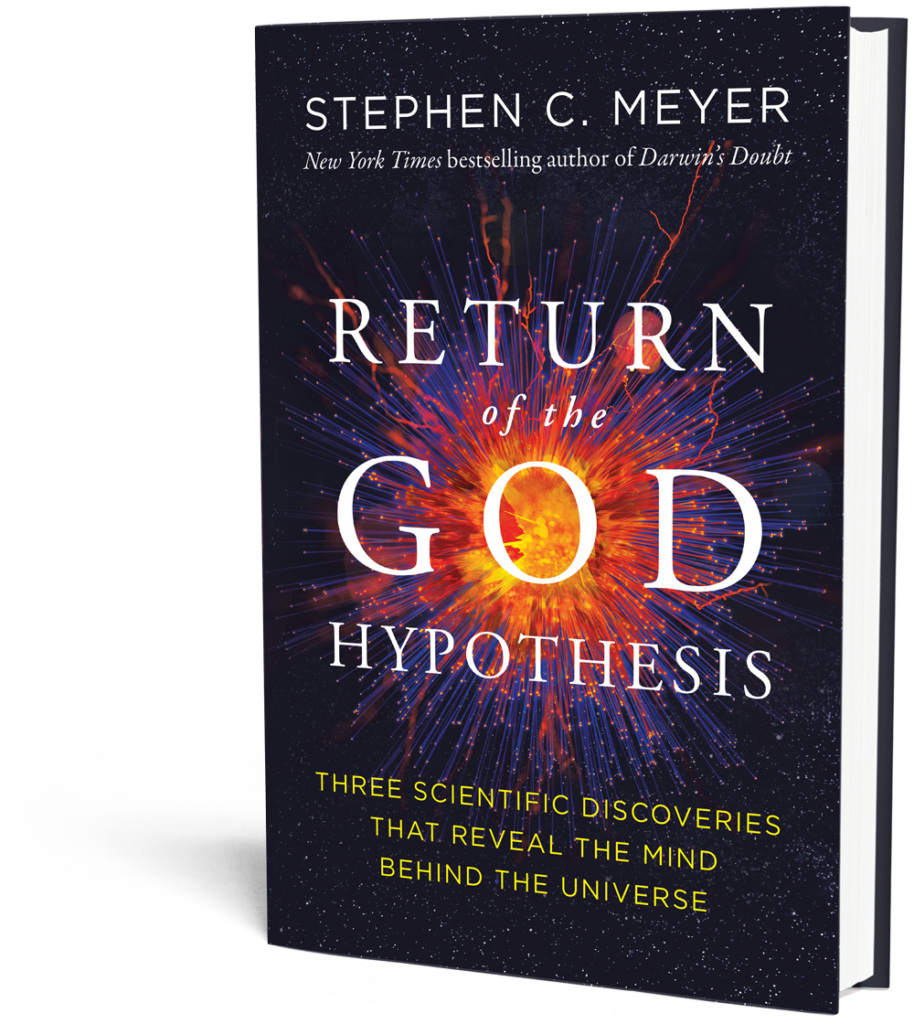
Here: And from the excerpt:
My own interest in what scientific discoveries show about the possible existence of God germinated over thirty years ago when I attended an unusual conference. At the time, I was working as a geophysicist doing seismic digital signal processing for an oil company in Dallas, Texas. In February 1985, I learned of a Harvard historian of science and astrophysicist, Owen Gingerich, who was coming to town to talk about the unexpected convergence between modern cosmology and the biblical account of creation as well as the theistic implications of the big bang theory. I attended the talk on a Friday evening and found that Gingerich had come to Dallas mainly to speak to a much larger conference the next day featuring leading theistic and atheistic scientists. They would be discussing three big questions at the intersection of science and philosophy: the origin of the universe, the origin of life, and the origin and nature of human consciousness.
Fascinated, I attended the Saturday conference at the Dallas Hilton. The organizers had assembled a world-class lineup of scientists and philosophers representing two great but divergent systems of thought. I was not surprised to hear outspoken atheists or scientific materialists explaining why they doubted the existence of God. What shocked me was the persuasive talks by other leading scientists who thought that recent discoveries in their own fields had decidedly theistic implications.
Here’s the site: The Return of the God Hypothesis
Steve Meyer is also the author of Darwin’s Doubt.
Hat tip: Philip Cunningham